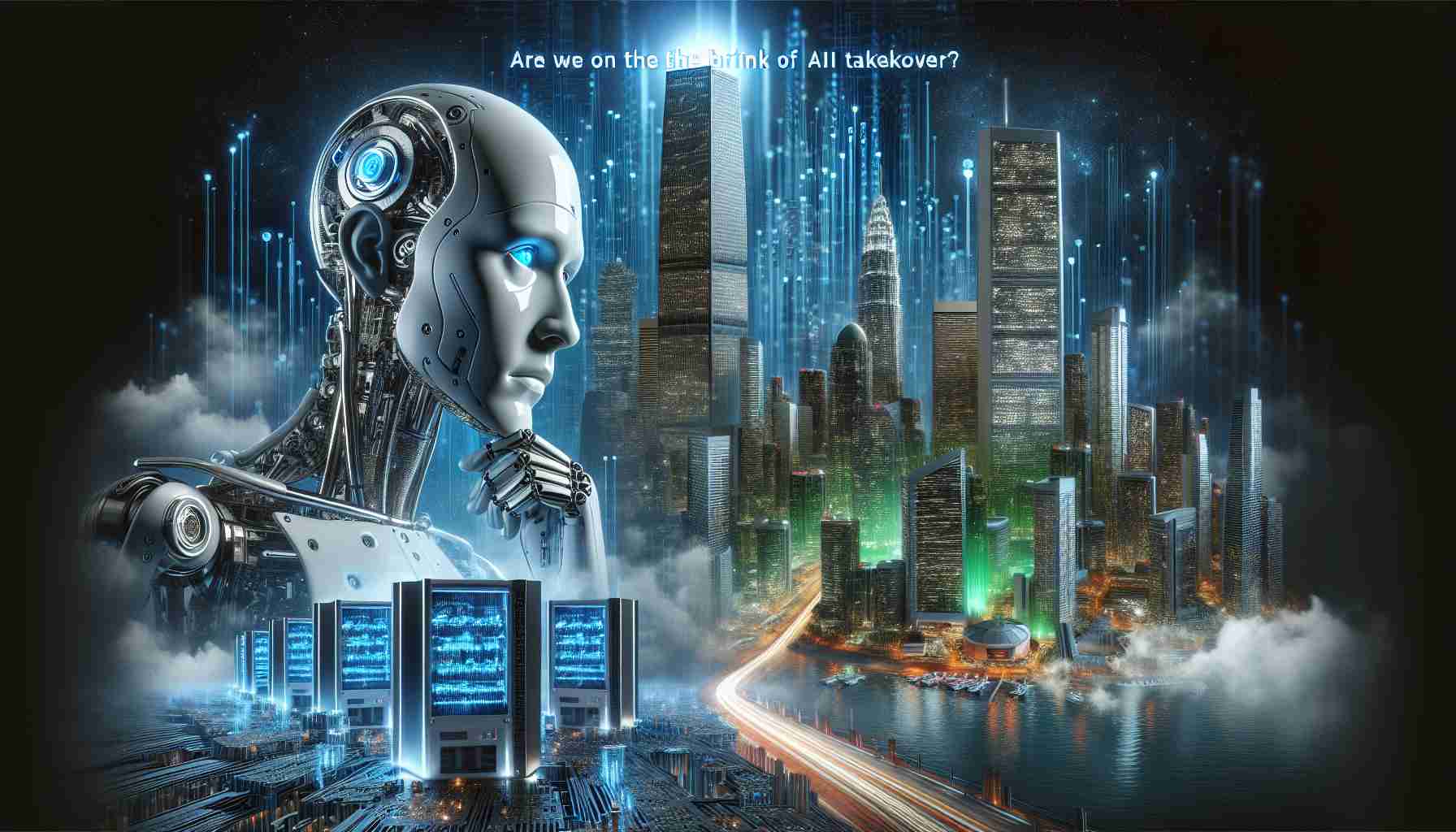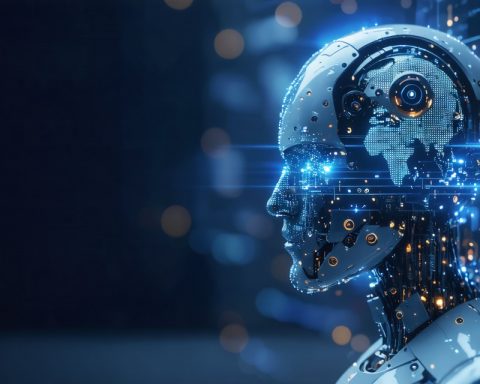The question of whether artificial intelligence (AI) will replace humans has sparked lively debate, as advancements in technology continue to reshape industries. While AI has undeniably transformed various aspects of our lives, the notion of it entirely replacing human roles is more complex than it seems.
One major area where AI has made a significant impact is in automating repetitive tasks. From customer service chatbots to data analysis algorithms, AI technologies are increasingly being used to enhance efficiency and accuracy. This change helps businesses optimize resources and focus on more strategic activities. However, contrary to fears of widespread job loss, studies have shown that AI often generates new employment opportunities, particularly in sectors requiring technical skills and management capabilities.
Another crucial aspect to consider is the limit of AI when it comes to human creativity and emotional intelligence. While AI can process and analyze data at remarkable speeds, it lacks the ability to understand and respond to emotions in a nuanced manner. Professions requiring creativity, such as art, music, and even strategic leadership, still heavily rely on human insight and intuition.
Moreover, ethical considerations play a significant role in determining AI’s future. The idea of a fully autonomous AI replacing humans raises profound questions about responsibility, control, and societal impact, which need thorough exploration before any radical shift occurs.
In conclusion, while AI continues to evolve and integrate into everyday life, it is unlikely to completely replace humans. Instead, it serves as an augmentative tool that complements human skills and ingenuity, paving the way for a more symbiotic relationship between humans and technology.
Will AI Enhance Human Creativity or Render It Obsolete?
As artificial intelligence continues to advance, an intriguing question emerges: can AI bolster human creativity, or does it risk making it redundant? While AI has certainly automated routine tasks, its role in creative industries is also expanding, creating both excitement and controversy.
One fascinating development is AI’s potential to generate art, compose music, and even write poetry. Algorithms like OpenAI’s GPT series can produce text that mimics human language with surprising coherence. However, purists argue whether AI-generated content truly qualifies as “art,” as it lacks the intent and emotional depth of human creation.
AI’s impact extends beyond individual creativity; its integration within communities and countries is reshaping educational and professional landscapes. Educational systems globally are evolving to incorporate AI literacy, ensuring future generations can harness AI’s capabilities effectively. Conversely, there’s a growing digital divide as some communities struggle to access the resources needed to compete in an AI-driven world.
Globally, countries are grappling with regulatory frameworks to oversee AI’s ethical use, balancing innovation with privacy and ethical concerns. Controversies erupt as debates over data privacy and surveillance intensify, questioning who truly benefits from AI’s rapid advancement.
So, will AI eclipse human creativity entirely? Not likely. AI acts as a formidable tool that enhances human creativity rather than replacing it. It challenges us to reconsider what defines creativity, urging societies to foster environments where human and machine collaboration can thrive.
For more on AI’s implications, explore resources at OpenAI and IBM.








